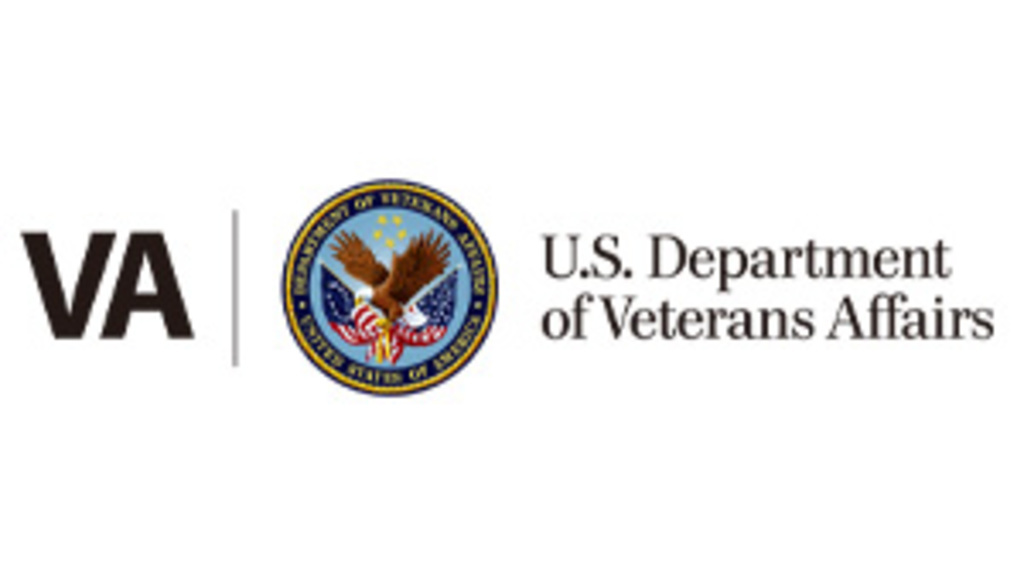Main navigation
We can help answer your toughest questions
Where do organizations turn when the answers to their questions aren’t Google-able? Tippie College of Business is home to some of the most celebrated experts in business education who do cutting-edge research on emerging business questions.
What is sponsored research?
Sponsored research is a collaboration where a faculty member brings their unique expertise to help answer business or societal questions. Research partnerships typically entail funding support and collaboration in data collection. Together, we can help answer questions like:
- How do we make sure machine learning doesn’t result in decisions that are discriminatory?
- What will the future of work look like as technology continues to shape our work experience?
- What role can companies play in identifying and preventing intimate partner violence?
- How can we reduce the risks in our supply chain?
Our researchers bring subject matter expertise, rigorous data analysis, and evidence-based solutions to questions like these. Sponsoring organizations walk away with answers and specific recommendations, while the faculty expert benefits from the funding and real-world data that’s critical for their research.
Tap into Tippie's expertise
Find an expert
Explore our faculty expertise and interests page and get in touch with a faculty member who has expertise that's related to your business question.
Work with our centers & institutes
Our specialized centers work with external partners in areas like business analytics, risk management, marketing, leadership, and more.
Talk to the research team
Not sure where to begin? We can help you navigate the university’s vast research ecosystem.
Successful research collaborations
Here are just a few examples of how we’ve partnered with organizations to deliver impactful, research-based solutions.

Using data to sustainably distribute food donations
PhD student Sara Reed, along with her advisors, Professor of Business Analytics Barry Thomas and Professor of Business Analytics Ann Campbell, worked with local food rescue non-profit Table to Table to provide critical logistics solutions for their food deliveries. The team created routes that match donors to recipients, follow recommended delivery time windows, and minimize discrepancies from food goals. Using the organization’s own data, they sought to help better manage and distribute bread donations and analyze the magnitude of need in recipients. This groundbreaking work is some of the first ever to explore commodity specific pickups, deliveries, and goals.

How teams contribute to higher-quality healthcare
Through research funded by the U.S. Department of Veterans Affairs, Professor of Management and Entrepreneurship Greg Stewart is examining how health care can be improved when individual patients are assigned long-term to interdisciplinary teams of coordinated health care professionals, as opposed to a random selection of doctors, nurses, and clerks for each visit. Each assigned team consists of a doctor, two nurses, and a clerk. The overall goal is to have members of each team work to the top of their abilities and competencies. His work is positively impacting veterans’ lives through higher quality health care for patients, higher satisfaction ratings, and lower costs due to fewer emergency room visits and hospital admissions.

How developmental challenge differentially impacts leader behavior
Our research faculty, including Professor Amy Colbert from Tippie’s Management and Entrepreneurship department collaborated with John Deere Financial on research into management engagement. At the time, the company had been running very lean for 4 years and company leaders wanted to explore ways that they could better support their managers. Through their research, the team identified factors that were leading to managers' feeling of engagement at work and put more resources into those factors. Steve presented the results to the participating managers, a select group of HR professionals in the company, and to the CEO and other top management team members. Several manager engagement initiatives resulted from the research.
